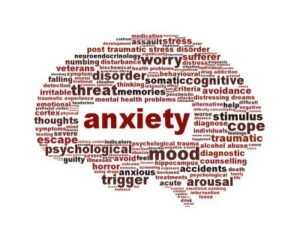What’s the Weather Like Inside You? Mindfulness for Kids and Adults Alike
At times our feelings can feel so jumbled and all over the place that it is hard to put words to all that is…

At times our feelings can feel so jumbled and all over the place that it is hard to put words to all that is…

Are you stuck in a relationship where both of you are very defensive? If so, you know moving closer is difficult because before you…

Feel Your Way to a Healthier Body How do our emotions affect our bodies? Do the ways in which we deal with those emotions matter? Some researchers say our emotions can either…

When was the last time you anticipated life would go one way but instead it took an unexpected turn? In a moment, feelings of…

With the start of December comes an almost audible, collective tensing-up of family members worldwide. People everywhere are forming lists of tasks to be…

The world would be quite a dangerous place without pain. It may seem odd but imagine the potential damage if a person did not…

There is an old saying that all healthy couples fight. While it is true that all healthy couples actively encounter and work through conflict,…

This is our second post in a series where we explore daily practices that nurture and encourage healing. Our last post discussed the “Healing…

Many of us practice daily habits in order to maintain our health. We brush our teeth every day as an essential step of oral…
End of content
End of content
Life’s too short to stay stuck. Request an appointment now.
Would you like to get our monthly resources for mental wellness?
